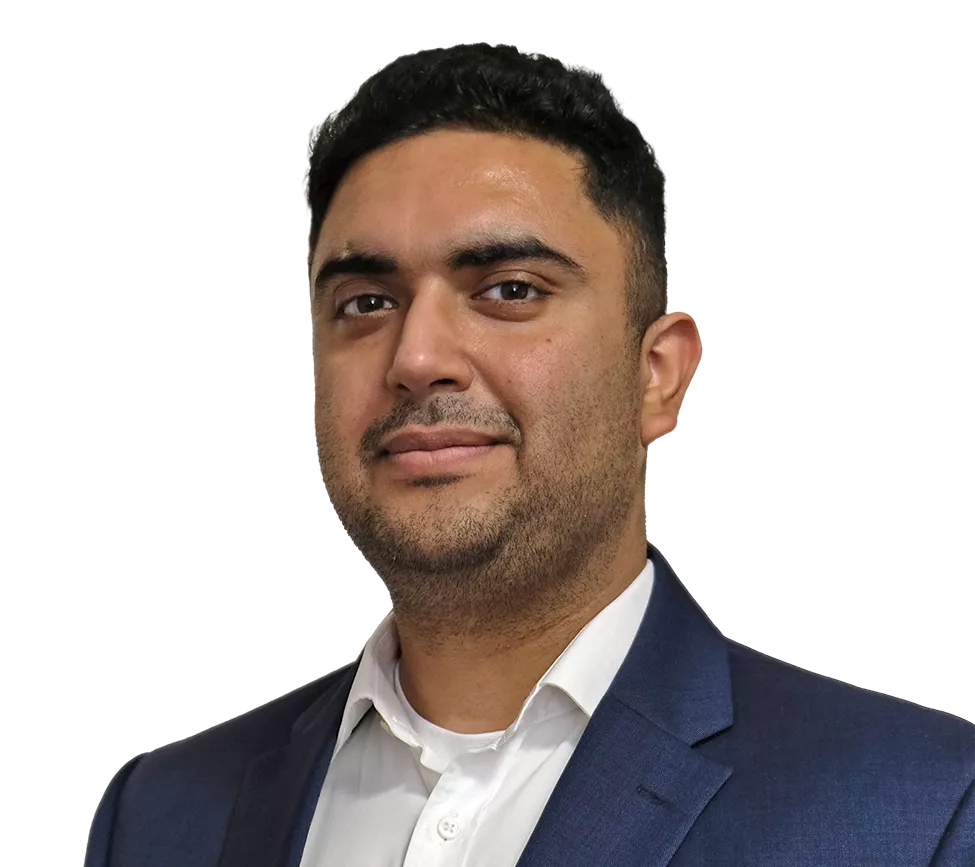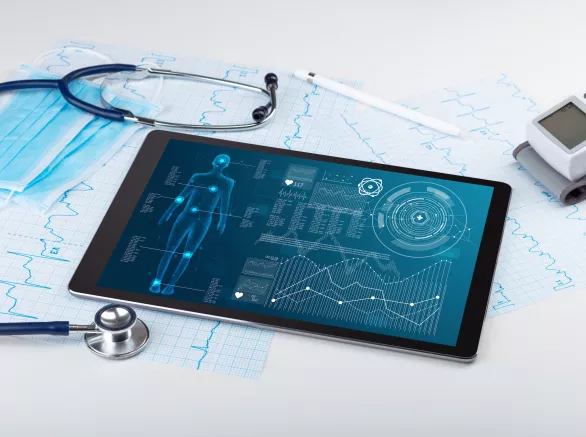

- Ph.D., Computer Engineering, Clemson University, 2020
- M.S., Computer Engineering, Clemson University, 2014
- B.E., Electronics & Telecommunications Engineering, University of Mumbai, India, 2012
- Cellebrite Certified Operator (CCO)
- Cellebrite Certified Physical Analyst (CCPA)
- AI for Medical Diagnosis, Deeplearning.ai, April 2020, Credential ID AMZJRYV59HQW
- Improving Deep Neural Networks: Hyperparameter tuning, Regularization and Optimization, Deeplearning.ai, April 2018, Credential ID YE68399LVPN2
- Neural Networks and Deep Learning, Deeplearning.ai, April 2018, Credential ID EV9S2MNJ5XQT
- Graduate Teacher of Record, Basic Electrical Engineering, Clemson University, 2020
- Graduate Teacher of Record, Basic Electrical Engineering, Clemson University, 2014
- Graduate Teacher of Record, Programming in MATLAB, Clemson University, 2014
- Teaching Assistant, Robotics Creative Inquiry, Clemson University, 2013 - 2015
- Teaching Assistant, Basic Electrical Engineering, Clemson University, 2013
- Member, IEEE
- Member, ACM
- Hindi
Dr. Sharma's training and fields of specialization are in electrical engineering and computer science with over a decade of experience. His expertise spans wearable and medical devices, computer vision, machine learning, and artificial intelligence (ML/AI) systems. He has also made notable contributions in defect inspection systems, control systems, automobiles, micro-mobility devices, internet of things (IoT) devices, and software development for embedded systems, desktops, mobile devices, and the web. His expertise is regularly sought in commercial and litigation matters including patent, copyright, trade secret, commercial and civil matters.
Dr. Sharma has published several papers on deep learning, sensors, metrics, big data, and real-world data. He has served as a peer reviewer for journals focused on biomedical engineering, sensors, machine learning, healthcare, and artificial intelligence, and he is a member of the NIST Artificial Intelligence Safety Institute Consortium (AISIC).
Dr. Sharma has provided technical leadership in the employment of technology for organizational management, email and web server management, web hosting, marketing campaigns, customer engagement, visitor tracking and social media management.
He has consulted on machine learning, artificial intelligence, and generative AI, including technologies such as synthetic datasets, Large Language Models (LLMs) and retrieval augmentation generation (RAG). His projects often involve using image processing and machine learning for material science and other scientific domains.
In the field of digital forensics, Dr. Sharma possesses expertise in recovering and reconstructing information from various digital devices. He has performed reverse engineering and analysis of software, firmware, electronic circuits, electronic chips, laptops, mobile phones, servers, networks, digital and network video recorders, and automobile systems. His work includes investigating wireless communications technologies such as 4G, 5G, Wi-Fi and Bluetooth, and analysis and testing of security measures in computers, mobile apps, websites, electronic circuits, network communications, proximity cards, and automobiles.
Prior to joining Exponent, Dr. Sharma held multiple roles at Clemson University. His teaching responsibilities included courses on software development, programming, machine learning, artificial intelligence, image processing, signal processing, assembly programming, embedded computing, operating system kernels, robotics, game design, and electrical engineering.
His research at Clemson focused on developing hardware and software for mobile health (mHealth) and electronic health (eHealth) wearable devices. He led large-scale data collection efforts from human participants and developed TensorFlow and Keras models using Clemson's Palmetto Supercomputer, deploying these models to Android and Apple watch platforms. Additionally, he setup computer labs and networks, and created solutions for tracking worker migration during the COVID-19 pandemic in India.
Dr. Sharma also contributed to Industry 4.0 research by developing a camera-based real-time defect inspection system for Samsung's manufacturing plants. He developed software, libraries, and APIs using tools such as C, C++, C#, OpenCV, Linux, and Microsoft's Visual Studio.
Before joining Clemson University, Dr. Sharma worked as a freelance web and graphics designer, developing ecommerce stores, video-sharing platforms, news websites, and blogs using frontend like HTML, JavaScript, and PHP, as well as backend database management systems.
